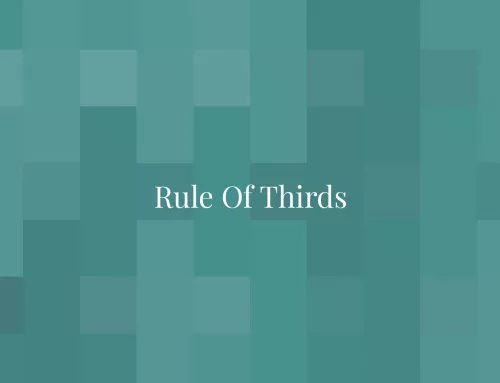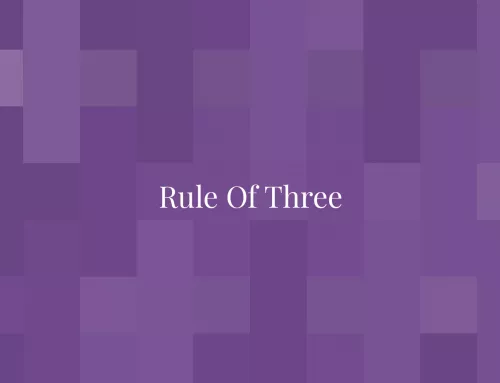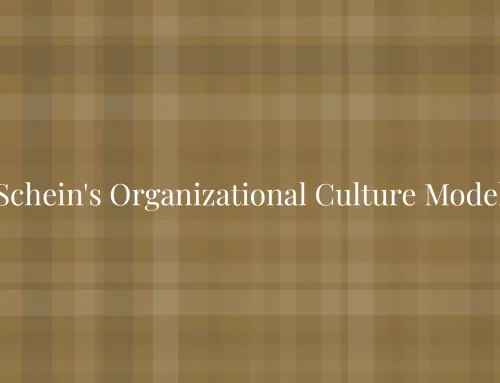Factfulness – The Claim
The claim of Factfulness is not just to present some good news:
This is a book about the world and how it really is.
Professor Rosling begins Factfulness with a multiple-choice quiz of 13 questions. He encourages the readers to test their own understanding of world facts. You can take this quiz at the Gapminder website. The questions pertain to healthcare, education, wealth, and population. For example:
How did the number of deaths per year from natural disasters change over the last hundred years?
- More than doubled
- Remained about the same
- Decreased to less than half
On Chimps and Humans
Rosling had administered his quiz to audiences around the world. While the precise proportions of correct answers vary, people universally seem to get the answers wrong. He uses chimpanzees as a straw man to drive his message.
Just 10 percent of people picked the right answer, and even in the countries that did best on this question—Finland and Norway—it was only 16 percent…. The chimpanzees, who don’t watch the news, got 33 percent as always!”
According to the book, the correct answer is 3 – Decreased to less than half. This isn’t because there are fewer natural disasters. But rather, societies around the world have gotten better at preparing for and responding to natural disasters.
Why Factfulness?
We live in the Big Data era. Today, we have a vast amount of data available about almost everything. Nevertheless, how much do you think you know about global trends? When we are asked simple questions about global trends, we systematically get the answers wrong!
Fundamental questions that we seem to know knock us off. For example:
- Why is the world’s population is increasing?
- What is the number of young women that go to school?
- What proportion of human population lives in poverty?
Our weltanschauung is so wrong that a chimpanzee that chooses answers at random will consistently outguess even those amongst us that are the most qualified to answer these macro-trends, namely journalists, Nobel laureates, and investment bankers.
In Factfulness, Professor Hans Rosling and his long-time collaborators – Ola Rosling and Anna Rosling Rönnlund, offer a radical new explanation of why this happens. He also reveals the ten instincts that distort our view of the world.
Enter behavioural economics
Behavioural economists, such as Daniel Kahneman and Steven Pinker have already established that algorithms have better judgement than people. We continue to get facts so wrong even when faced with hard data. In the Choiceology podcast titled, Judge the Judges, Daniel Kahneman drives home this point based on a project he undertook with a large insurance company:
It really started with an observation and when I was doing some consulting with an insurance company. I had the idea of running a study with underwriters and also with claims adjusters, who are people who have to put a value when a claim comes in, and some details about it are available. Somebody has the task of setting a value, an estimate of how much that claim will cost the company. So we had those two kinds of people, underwriters and claims adjusters.
And let’s focus on underwriters for a moment. So we had them construct realistic problems, the kind of problems that these underwriters encounter every day, large problems, significant problems. And we showed it to 50 underwriters. Each of them had to put a dollar value on a risk. And we asked the executives the following questions: In percentages, by how much would you expect two underwriters to differ? And there is a number that, for some reason, everybody agrees on that number, I don’t know why, but it’s about 10%. That’s what people expect in a well-run firm. Ten percent looks tolerable.
You know that they can’t be expected to be identical, but you don’t really want them to be wildly different. It turns out that there is a correct answer by how much they do differ. And it’s 50%, five zero. So it’s five times larger than the executives expect. And in some sense, when the variability that large, there’s a serious question whether you need those underwriters—that is, whether you might not have an algorithm that would actually predict much more accurately. So this is quite deep. And what made the observation striking was that nobody in the firm had ever thought about that.
Evolutionary baggage
Rosling realised that we have what he called an overdramatic worldview. We intuitively refer to this when thinking, guessing or learning. Our tendency to misinterpret facts is instinctive. It‘s an evolutionary adaption to help us make quick decisions to avoid danger. While we still need these instincts; however, these instincts that served our ancestors well can also trip us up.
Factfulness is about the ten instincts that distort our perspective of the world and prevent us from seeing how it actually is. The main point of Factfulness was to explain the huge discrepancies between what people think is going on in the world and what actually is. Using hard data, Rosling also wanted to show that, contrary to popular belief, the world is in a better state than we might think and continues to improve. To prove the point, Rosling made graphs to expose ignorance by nationality.




